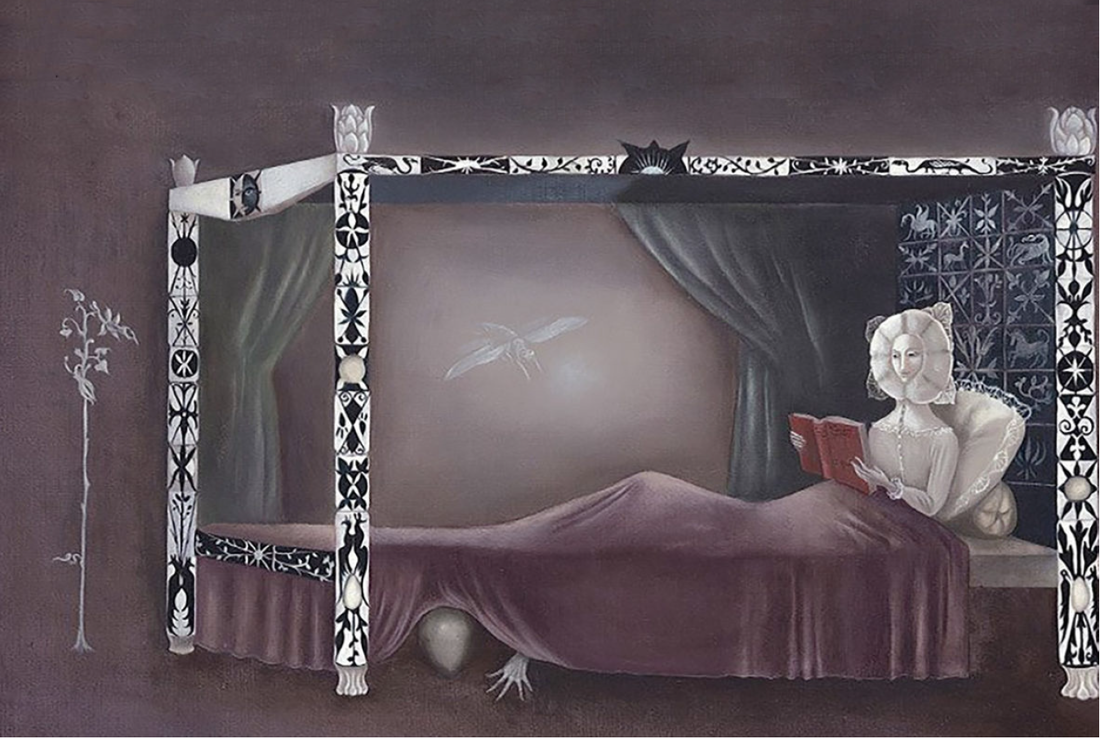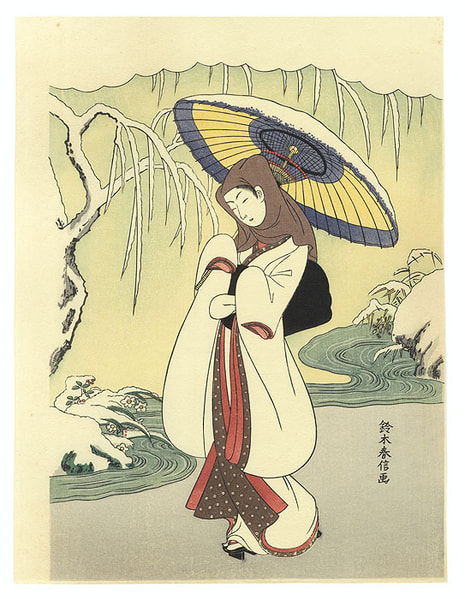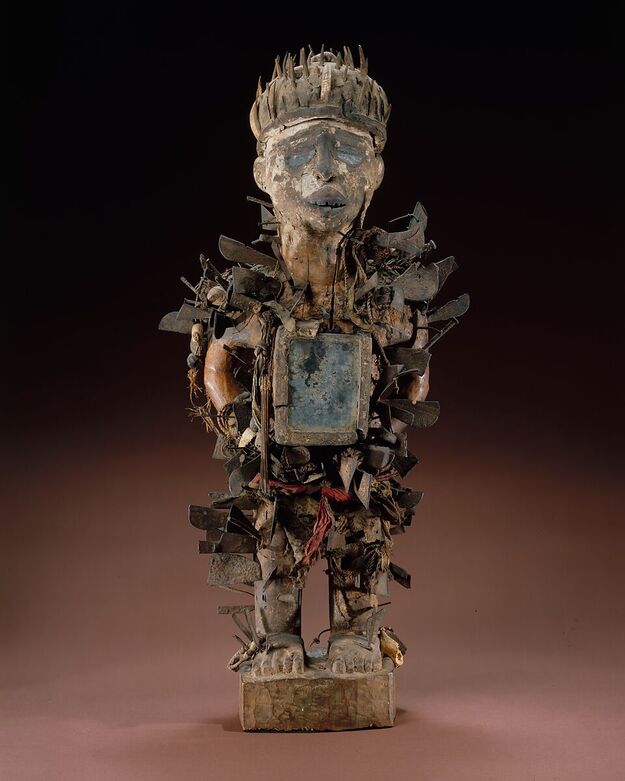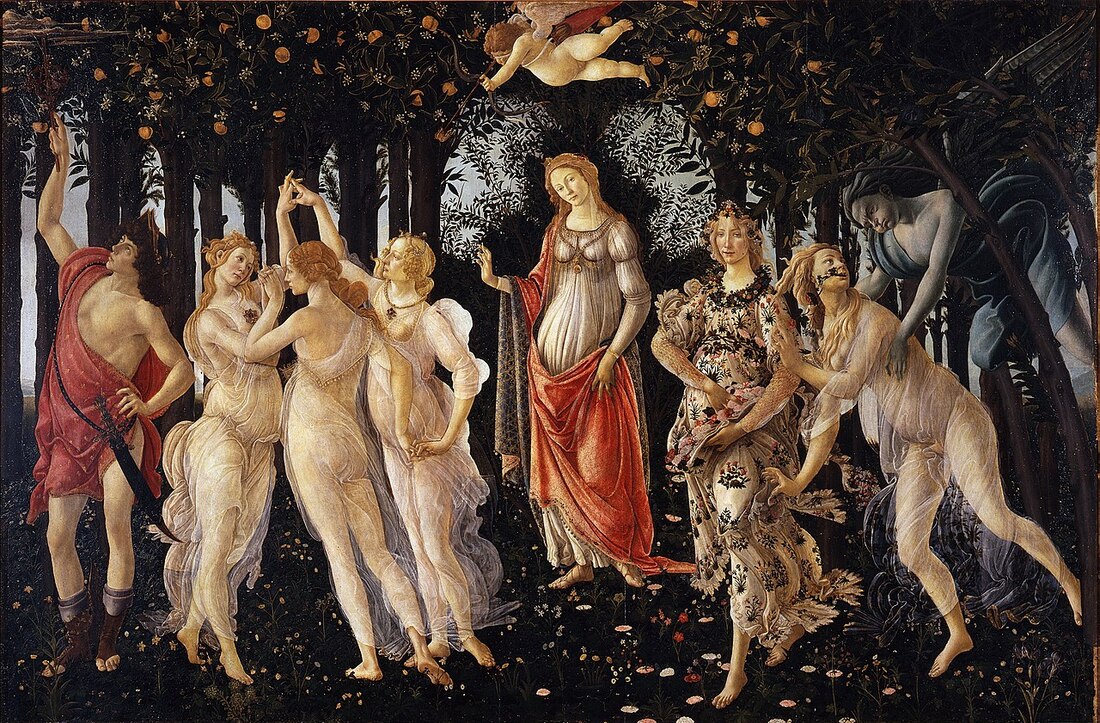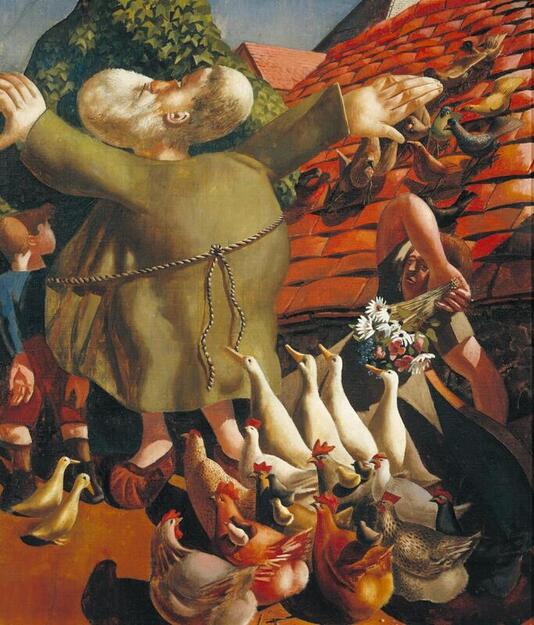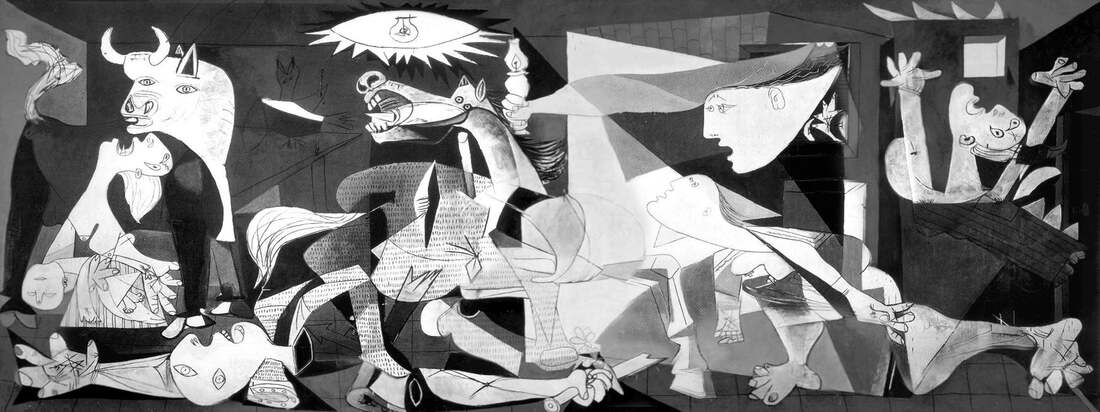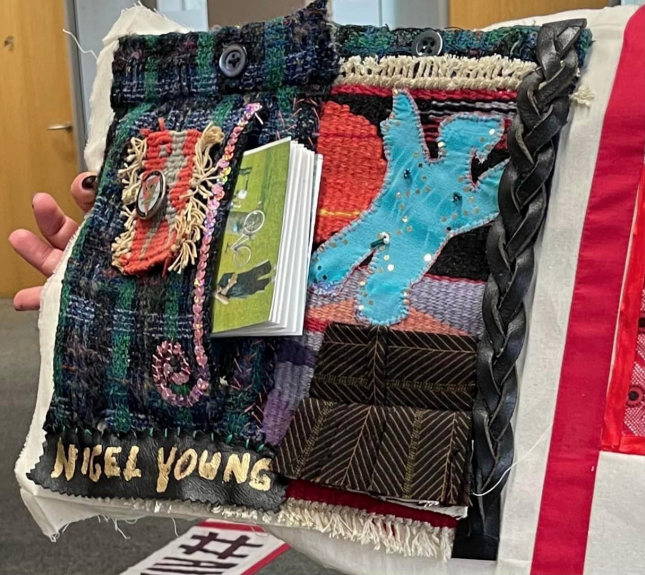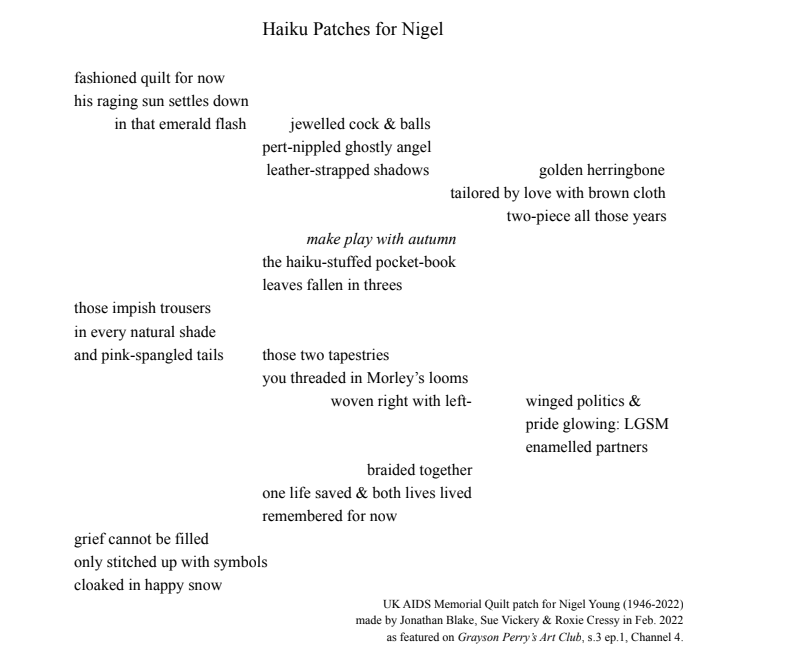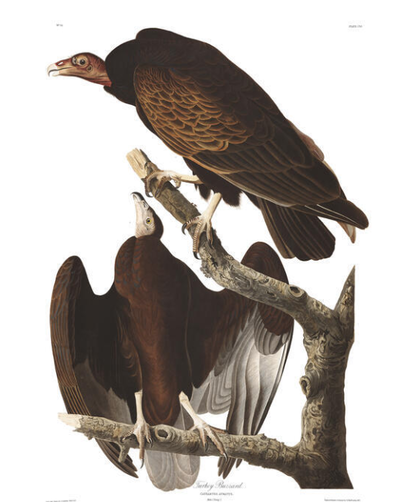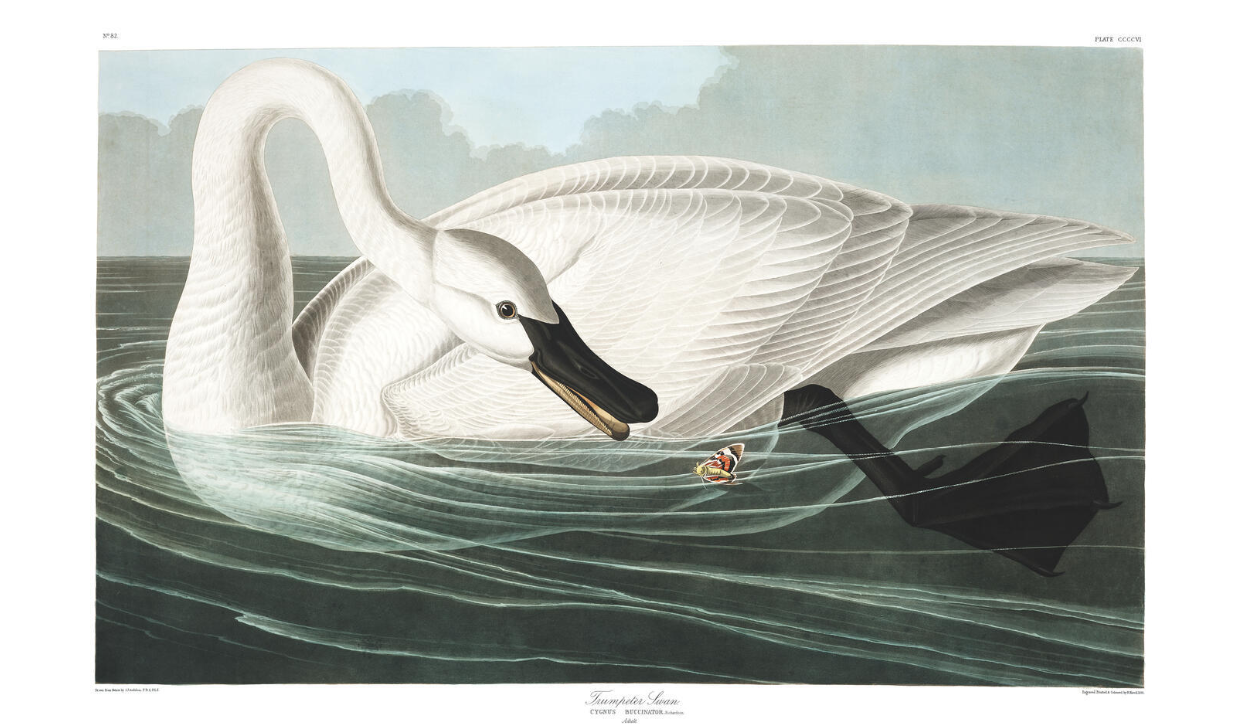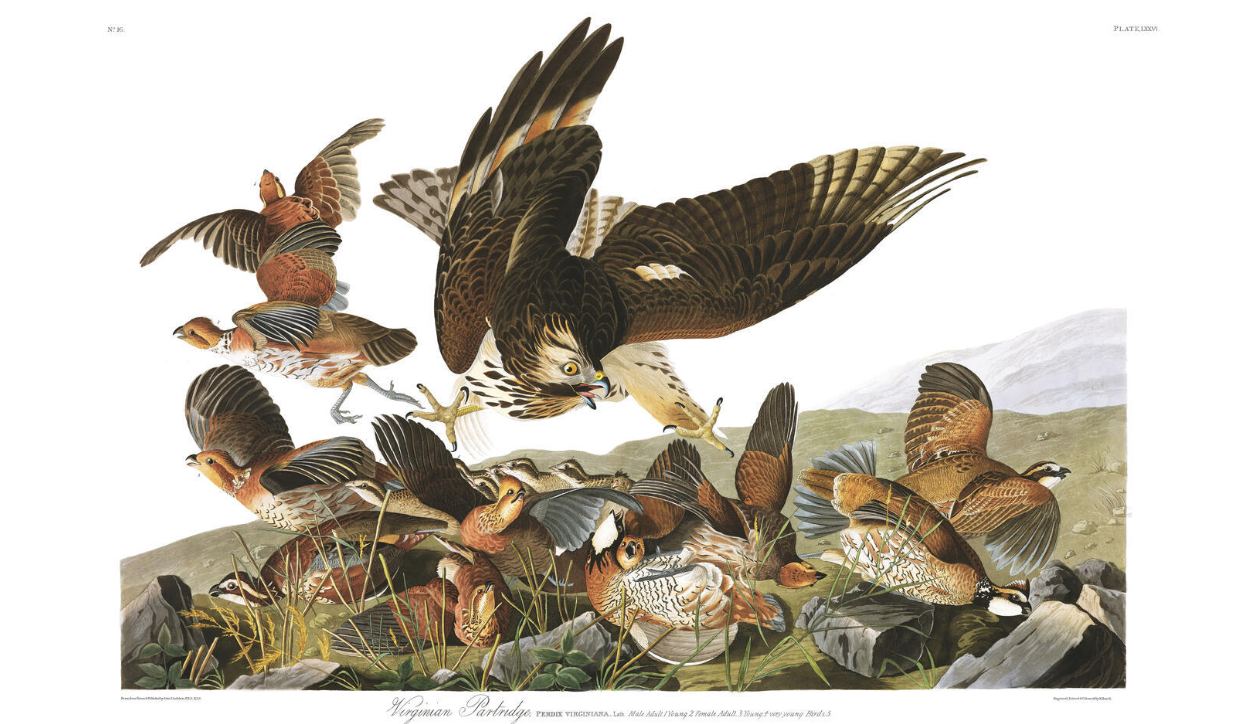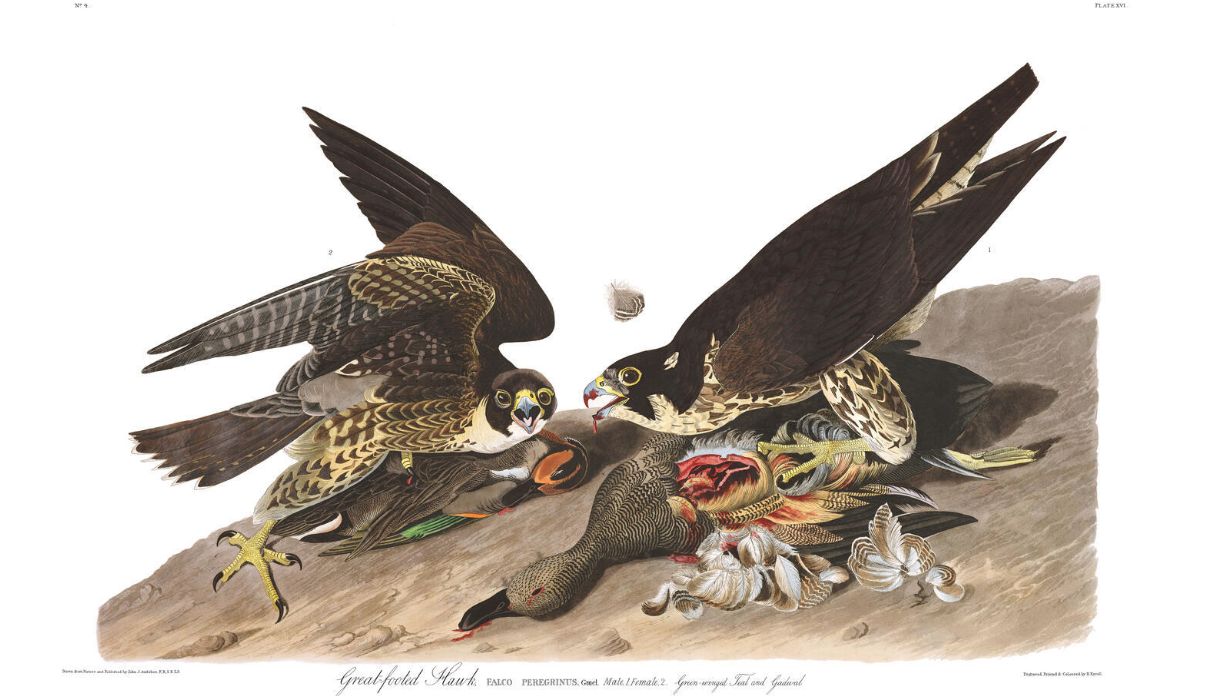|
A Story in the Headboard Book It’s a story of a woman reading in her bed. A woman who wears a flower of gray petals embraced by four finely chiseled sepals surrounding her face. Her canopied bed in the barren room comforts and protects. Well-pillowed, her body alert, she reads, absorbed in a red book. Her Vizsla hounds, oblivious under the bedcovers, snore and twitch their paws in safety. She doesn’t need to read the story of the carapaced being crawling out from under her canopied bed. She knows it has sheltered beneath her for decades. She and the carapaced being both know the story and both live in the comfort and protection offered by the mystic beasts and symbols that decorate the canopied bed. It’s a story of feathered creatures the woman reads, of feathered creatures that fly only when skies are thick and gray. Delicately boned with shining skulls and grasping hands, they know only treachery. Stay away. Hide! The feathered ones will claw at you with their twisted nails, will pull at your eyes and will smile when they leave you with blood dripping. There is a story amongst the feathered creatures that they are born out of the boredom of gray. They lurk in wispy branches, camouflaged behind restless leaves. When they keep still, some eyes mistake their delicate bodies for branches. Stay away. Hide! Remember their twisted nails! A fragile little tree has taken root on the carpet in the woman’s barren bedroom. There is a story it was seeded by the same flower the woman wears surrounding her face, the flower with the gray petals embraced by four finely chiseled sepals. The tree’s fragile little roots stretch, the thin gray trunk lengthens. The fragile little leaves unfold a story. Fran Turner Fran Turner grew up on a farm in the southernmost part of Canada, but Toronto, where she's lived most of her life, is the place that's home. She was a nurse, a shiatsu therapist, and worked on cancer programs. For decades her heart was on the Aikido mat, training and teaching at her own dojo. Now she enjoys working on flash fiction. She’s had stories published in The Ekphrastic Review, Dodging the Rain, and Adelaide Review.
0 Comments
Heron Maiden A woodsman rescues an injured heron who turns into a beautiful woman. When he marries her, she makes him promise not to spy on her without permission. Unsurprisingly, he breaks his vow and she returns to being a wading bird. In this Harunobu woodblock print, we see the maiden alone, umbrella tilted to shade her face, which if we peer closely looks like the face of a twink, a boyish man. Maybe she wasn’t a bird at all but a beautiful male in drag, so when she was discovered, the scandal was transmuted into a fairy tale between a man and a lady bird. And the print is really of the lover fleeing the village in shame, still womanly in her modest beauty. Here I sashay into the story as the epicene youth who later asks the heavens to curse the town with a plague (not unlike the Spanish flu) and as retribution I’d be transformed into a heron. But not before I return to visit as a human one final time, you who (in this past life) failed to stand up to your community; this version of you that declined to escape with me. I’m coming to bid you farewell, so the image memorialises the journey before I show up tossing aside my delicate umbrella to bow into the shape of a heron. All this to justify how you’re wrapping your arm across my back to grip my shoulder, making up for your karmic betrayal in our present, pandemic lifetime, as we browse through pictures of lovers in that Japanese century, as if my scapulas might suddenly blossom into wings. Lovers Walking in the Snow (Crow and Heron) We’re in a Harunobu print, two of us strolling through snow to our love suicide or merely to hurry along under a falling sky, an umbrella our excuse to huddle and tilt these genderless faces from inside formal cowls—which of us is the crow and which the heron depends on our mood and the time of the day, the colour we wear mirroring our internal hue-- to peer shyly at each other, eyes half-closed as if in a kind of 18th century slumber love resembles, a permanent trance or frozen wonder at the art of our existence. Cyril Wong Cyril Wong is a poet and fictionist in Singapore. His last book of poems was Infinity Diary, published by Seagull Books. A Breath of Fresh Air Cloris and her friends were dancing, plucking oranges and thinking about love when Zep snuck up on her as if from left field. Her companions were so distracted with their frolicking they didn’t see him grabbing her waist as if he owned her; then turning all gentle and sweet when they noticed him. Cloris knew he was the type who had to prove he could have any woman he wanted even if she was his brother Boris’ girlfriend. He loved the challenge; didn’t care how many hearts he broke in the process. Everyone but Cloris was just happy to see Zep cheerful after months of the blues, wallowing in his seasonal affective disorder. He was a breath of fresh air, they said, made everything seem right with the world again. After that, whenever Zep showed up, Cloris’ girlfriends acted all flirty and doe-eyed, made not-so subtle hints about how she should dump Boris for Zep. After all, they said, Boris and Cloris just sounded all wrong. And Cloris had to admit to herself that she was getting sick of Boris’ temper, how cold he could be at times. He was just the opposite of Zep—loved everything about winter and grew sullen and distant when the snows melted and tender buds began to emerge. In contrast, Zep lavished attention on her, arms overflowing with heavenly-smelling hyacinth. He turned on the charm, wooing her patiently. The final blow was when Boris stormed off just because Cloris said how happy she was that winter was finally over. When Zep showed up to comfort her, she finally relented. “I knew,” Zep said with that upside-down smile of his, “my persistence would bear fruit eventually. As will you and I,” he added with a wink. Cloris still wasn’t sure she could trust Zep, but with time she reconciled herself to occasionally sharing him with another girl or boy. After all, she knew she’d be the one soothing him and bringing him pomegranate juice when his S.A.D. got bad, that they’d always get through it together and rejoice in the bounty of their love. Kathryn Silver-Hajo Kathryn Silver-Hajo’s short fiction, poetry, and creative nonfiction appears, or is forthcoming, in Pithead Chapel, Atticus Review, Ruby Literary, SoFloPoJo, Fictive Dream, New York Times-Tiny Love Stories, New World Writing, Flash Boulevard, MacQueen’s Quinterly, Bending Genres, Cleaver Magazine, The Ekphrastic Review, and others. Read Kathryn’s work at www.kathrynsilverhajo.com and follow her on Twitter: https://twitter.com/KSilverHajo and Instagram: www.instagram.com/kathrynsilverhajo. Kathryn lives in Providence, Rhode Island with her husband and saucy, curly-tailed pup, Kaya. She mostly reads and writes, takes long walks, loves the ocean, blooms like an iris when the warm weather finally arrives, and has been known to throw the occasional rockin' party. Speaking to the Birds I How can you fail to love a saint for preaching to a flock of birds, soft necks straining in rapt regard? St Francis worried that by not carrying his message far or wide enough beyond human hearing alone he had been remiss. Stanley Spencer painted St Francis with a wild lack of modesty, caroming round the farmyard a verdant sphere, arms flung wide, mottled bean of head and beard cast skyward, birds clinging like unbidden ideas to his wake. When I picked up a postcard of Spencer’s St. Francis years ago I simply loved his disheveled flow – nothing like the gaunt man of poverty in the bible – and didn’t know that many years later I would envy the fangirl zeal of his flock. II One summer’s day as our chickens roamed free, I spotted a bird of prey poised over the hill behind the house. Panicked, I ran out the back door, still mid-conversation on the phone. I continued to talk as I madly waved my free arm in the air, weaving across the grass, warning the hawk not to come any closer to our little flock. No chicken dinner for you today! I shrieked through a strange pantomime as I tried to maintain my composure. Just like St Francis, I felt the creatures under my care were deserving of safety, consideration. Perhaps the hawk needed enlightenment: I know you need to eat, just not here, not today, as though such a decision could even be mine to make. Truth is, my flock wouldn’t even note the trouble I’d gone to for them. III In the middle of winter a man I know confesses that he let his flock of ducks out on a deeply cold day. Wanting the sun, two soon found themselves frozen to the pond’s flat surface. Worried, the man rushed into his house and grabbed a spatula, calling out Hold still now! No way would the birds have sat still as he tried to wriggle the flat surface under their iced wings and feet. It must have been feathered panic, the birds squawking their objection, mimicking explosive pancakes as he fought off their wings. Rescue is a delicate thing and prone to back firing, like the time the dog and I rushed across the lawn to shock one of our roosters from a fox’s maw. In our haste and noise it seemed we’d won as the fox withdrew without his prize. The cockerel, dazed, was never the same, wandering as though lost through the next day or two. We found him lifeless next to the coop one afternoon, the sun glinting off his iridescent tail feathers. We’d only prolonged his pain and I hated myself for acting like some kind of saviour. Dagne Forrest Dagne Forrest's poetry has appeared in journals in Canada, the US, Australia, and the UK. In 2021 she was one of 15 poets featured in The League of Canadian Poets’ annual Poem in Your Pocket campaign, had a poem shortlisted for the UK's Bridport Prize, and won first prize in the Hammond House Publishing International Literary Prize (Poetry). Her creative nonfiction has appeared or is forthcoming in Lake Effect, Paper Dragon and Sky Island Journal. Learn more at dagneforrest.com. New Stepfather Overrated! rants Ted, new stepfather I barely know, who challenges me: Go see for yourself, how Picasso duped the world, painting screaming mouths agape, heads beheaded, terror horse, black and white of angled bones, every tooth of every jaw biting and digesting war. Picasso won’t allow it into Spain as long as Franco’s government is in power. In MoMA since 1939, in the death room no one talks. It’s like a church or sepulcher. Tourists, art lovers, business people, and the merely curious stand transfixed by human pain and animal. I want to be more moved to show I’m not a rube and know good art, but I agree with Ted and this is how our bond begins. Lee Stockdale Lee Stockdale has worked in many restaurants, as a house painter, in a car wash, as a New York City cab driver, and as a US Army Command Judge Advocate. His collection of poems, Gorilla, is forthcoming in the fall of 2022, and is available now for (discounted!) pre-publication order from Main Street Rag Publishing Company. Lee and his wife, a potter, live in the Western North Carolina mountains where they ride bikes, practice hot yoga, and feed the wild turkeys. The Best of the Net annual literary award anthology was born in 2006 with the goal of celebrating online literature, and emphasise the importance of the online publishing media. Congratulations to these amazing writers! Please share this far and wide and help celebrate the writers of The Ekphrastic Review. Our Best of the Net nominations this year (for works from July 1, 2021, through June 30, 2022): Poetry black, by Saad Ali https://www.ekphrastic.net/ekphrastic/black-by-saad-ali ** One Summer Day, by Martin Elster https://www.ekphrastic.net/ekphrastic/one-summer-day-by-martin-elster ** Love It or List It, by Keith Hoerner https://www.ekphrastic.net/ekphrastic-writing-challenges/ekphrastic-prompt-challenge-responses-han-van-meegeren ** Magritte’s Apple Explains It All, by Joan Leotta https://www.ekphrastic.net/ekphrastic/magrittes-apple-explains-it-all-by-joan-leotta ** Who Am I? by Alarie Tennille https://www.ekphrastic.net/ekphrastic-writing-challenges/ekphrastic-writing-responses-onabanjo-of-itu-meko ** Andrew Wyeth’s Public Sale, by Jo Taylor https://www.ekphrastic.net/ekphrastic/on-andrew-wyeths-public-sale-1943-by-jo-taylor ** Fiction Colours of a Life, by Finnian Burnett https://www.ekphrastic.net/ekphrastic/colours-of-a-life-by-finnian-burnett ** The Burning of the Houses of Lords and Commons, by Amy Ralston Seife https://www.ekphrastic.net/ekphrastic/the-burning-of-the-houses-of-lords-and-commons-by-amy-ralston-seife ** Creative Nonfiction Are You There God, it’s Me, Andy? By Kurt Cole Eidsvig https://www.ekphrastic.net/ekphrastic/are-you-there-god-its-me-andy-by-kurt-cole-eidsvig ** The Long Marriage, by Annaliese Jakimides https://www.ekphrastic.net/ekphrastic/the-long-marriage-by-annaliese-jakimides Passing through the Gates at Fushimi Inari Shrine after Sylvia Plath’s “Crossing the Water” Vermillion gates, vermillion sunset, two lovers in vermillion sneakers. Do these same vermillion gates keep reshuffling up ahead of us? Each gate opens to a million other gates, a million other worlds. The sun sets over the mountain, its shadow stretching into night. Shadows clutch at us to linger by their ancient shrines, whose rough-hewn stone trembles with silence and neglect. Even the dead have left these cities of the dead. Alone, we keep climbing through more vermillion gates. Fox gods grin at our naïveté: foolish lovers! Toward the top, a gray lake found the mountain’s only flatness. How many lanes of the dead lead us to forgetfulness? Our shoes break the spell of the forgotten dead. Richard Newman Richard Newman is the author of three books of poetry, most recently All the Wasted Beauty of the World, and the novel Graveyard of the Gods. His work has appeared in American Journal of Poetry, Best American Poetry, Boulevard, I-70 Review, Innisfree, Poetry East, Tar River Poetry, and many other magazines and anthologies. He currently teaches at Al Akhawayn University in Morocco, where he lives with his wife and son. Before moving to the Maghreb, he and his family lived in Vietnam, Japan, and the Marshall Islands. Simon Maddrell
Simon Maddrell lives in Brighton & Hove, UK –– he writes as a queer Manx man, thriving with HIV. He has appeared in fourteen anthologies and publications including AMBIT, Butcher’s Dog, Stand, The Moth, The New European, Paragon, The Raw Art Review, Prickly Pear and American Poetry. His debut chapbook, Throatbone was published by UnCollected Press, MA, USA in 2020. Simon appears in The Sixty-Four: Best Poets of 2019, Black Mountain Press, 2020. Queerfella was Joint Winner in The Rialto Open Pamphlet Competition 2020. Nine Pens Press published All About Our Mothers with Vasiliki Albedo and Mary Mulholland in Jan. 2022. Turkey Buzzard, Audubon Plate CLL We’ve weighted ourselves with others, and while neck-deep in the necks of the dead, have learned to keep our feathers off our faces, cheeks smooth like the ball of a hip, which we shovel out of the flesh and hold in our chests like the colour of morning when all our wings are stretched out in praise. Trumpeter Swan, Audubon Plate CCCCVI Beloved, you found the moth, in all this water. Like you found me. Your neck bent back for us. Virginia Partridge, Audubon Plate LXXVI Terror finds us like water finds the crease between two hills and we the forsaken soils are scattered by its wings to fill the basin with silt. We on our backs, beloveds on our throats, whistle of ourselves straining to outlast the height of our heads thrown back. Great-Footed Hawk, Audubon Plate XVI May we never again eat a meal so quick that we forget to watch the feathers we’ve torn from the duck return to heaven, to sky, to river. Noah Davis All artworks are plates from Birds of America, by John James Audubon (USA, b. Haiti) c. 1827-1838 Noah Davis grew up in Tipton, Pennsylvania, and writes about the Allegheny Front. Davis’ poetry collection Of This River was selected by George Ella Lyon for the 2019 Wheelbarrow Emerging Poet Book Prize from Michigan State University’s Center for Poetry, and his poems and prose have appeared in The Sun, Southern Humanities Review, Best New Poets, Orion, The Year’s Best Sports Writing, North American Review, and River Teeth among others. His work has been nominated for the Pushcart Prize and awarded a Katharine Bakeless Nason Fellowship at the Bread Loaf Writers Conference and the 2018 Jean Ritchie Appalachian Literature Fellowship from Lincoln Memorial University. Davis earned an MFA from Indiana University and now lives with his wife, Nikea, in Missoula, Montana. Click here to read another series of poems after Audubon, by Colin Morris. March of the Valedictorians Ordinary primary school chairs red plastic seats on spindly elongated steel poles. Like young girls and boys they teeter unsteadily on their legs. Someone has taken the register Elisa here Hamish here Ian here Jesse here John here Kate here Melanie here Riccardo here The chairs remind me of the monsters from War of the Worlds only they are not bent on world domination their weapons are concealed and they can be bribed with a few sweets. Each is defiant and wants to play. Luckily there are instructions nearby, but they are in Italian, so I might have misread the bit about vaulting even though there’s a box collar, landing area and a filled pole rack. I’d started my run up was just about to launch when I realised there was no trough to plant the pole tip so I crashed into all those legs and together the chair fell, holding onto each other. Guards come and take me to a prison cell in the attic of the Doge’s Palace. A low wooden cell where Casanova once paced at an angle as he was 6’. I know what to do break the beams and prise a plate of lead off the roof through opening work way along the steep and slippery roof. That’s the theory but I’m scared of heights and they have put me in chains probably throw away the key. My only hope is that the chairs come and rescue me. take off a tile and walk along with me comfortably sitting. Rodney Wood Rodney Wood lives in England and worked in London and Guildford before retiring. His poems have appeared in recently in Atrium, The High Window, The Journal, Orbis, Magma (where he was Selected Poet in the deaf issue) and Envoi. He jointly runs a monthly open mic at The Lightbox in Woking. His debut pamphlet, Dante Called You Beatrice , appeared in 2017 and When Listening Isn't Enough, in 2021. |
The Ekphrastic Review
COOKIES/PRIVACY
This site uses cookies to deliver your best navigation experience this time and next. Continuing here means you consent to cookies. Thank you. Join us on Facebook:
July 2024
|
